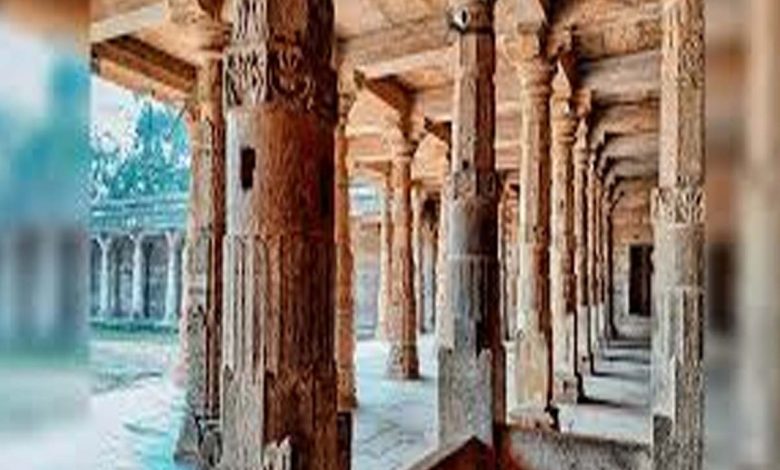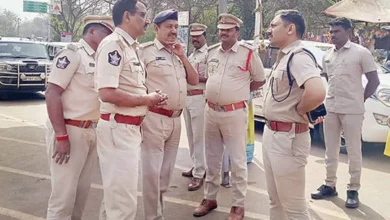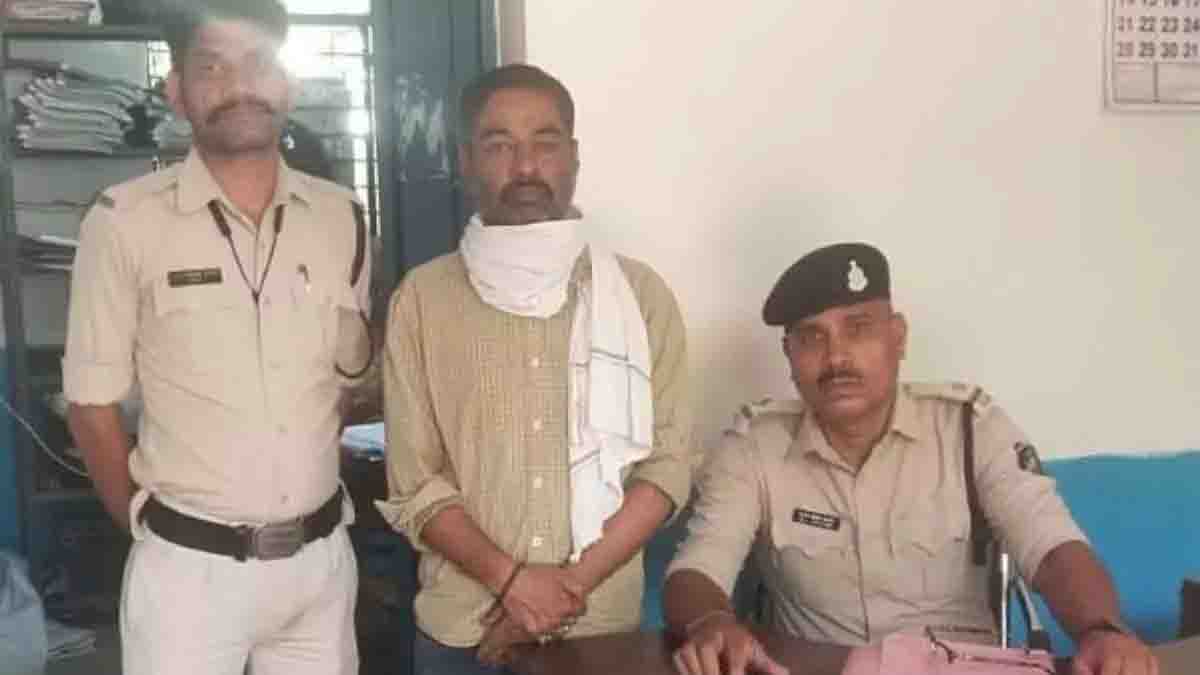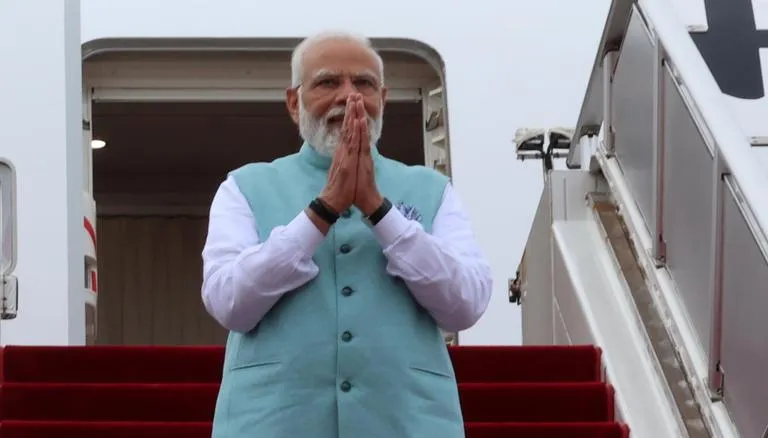Chief Imam alleges violations in ASI survey at Bhojshala Kamal Maula mosque

Madhya Pradesh’s ; In a contentious development at the Bhojshala temple-Kamal Maula mosque complex in Madhya Pradesh’s Dhar district, allegations of serious violations have surfaced regarding a recent archaeological survey conducted by the Archaeological Survey of India (ASI).
The survey, which spanned 98 days, was ordered by the Madhya Pradesh High Court following a petition from the Hindu Front for Justice, claiming that the mosque was built by dismantling Hindu temples.
The High Court specifically instructed the ASI to ensure no damage to the structure and prohibited any excavation without prior permission from the district collector.
However, Waqar Sadiq, the area’s head cleric, has accused the survey team of grossly disregarding these directives. According to Sadiq, both the structural integrity of the mosque and the court-mandated excavation protocols were violated during the survey, which was concluded recently.
The 11th-century complex, revered by Hindus as the Bhojshala temple dedicated to the deity Vagdevi (Saraswati) and used as a mosque by Muslims, has long been a point of contention between the two communities. The ASI, responsible for its protection, facilitated a unique arrangement in 2003 allowing Hindus to pray on Tuesdays and Muslims to offer Friday prayers.
Amidst the survey, Ashish Goyal, a petitioner, claimed that Hindu artefacts, including a broken deity statue, were unearthed, adding fuel to the controversy. However, the ASI’s local conservation assistant, Prashant Patankar, refrained from commenting on the matter, citing a lack of authorization.
Abdul Samad, president of the Kamal Maula Mosque Welfare Society, countered the claims, asserting that the ASI had adequately protected seven structures within the larger religious monument during the excavation.
Earlier in April, the Supreme Court declined to halt the survey but cautioned against premature actions based on its findings without court approval. Justices Prashant Kumar Mishra and Hrishikesh Roy emphasized that while surveys are permissible, excavation activities should not disturb the site.





